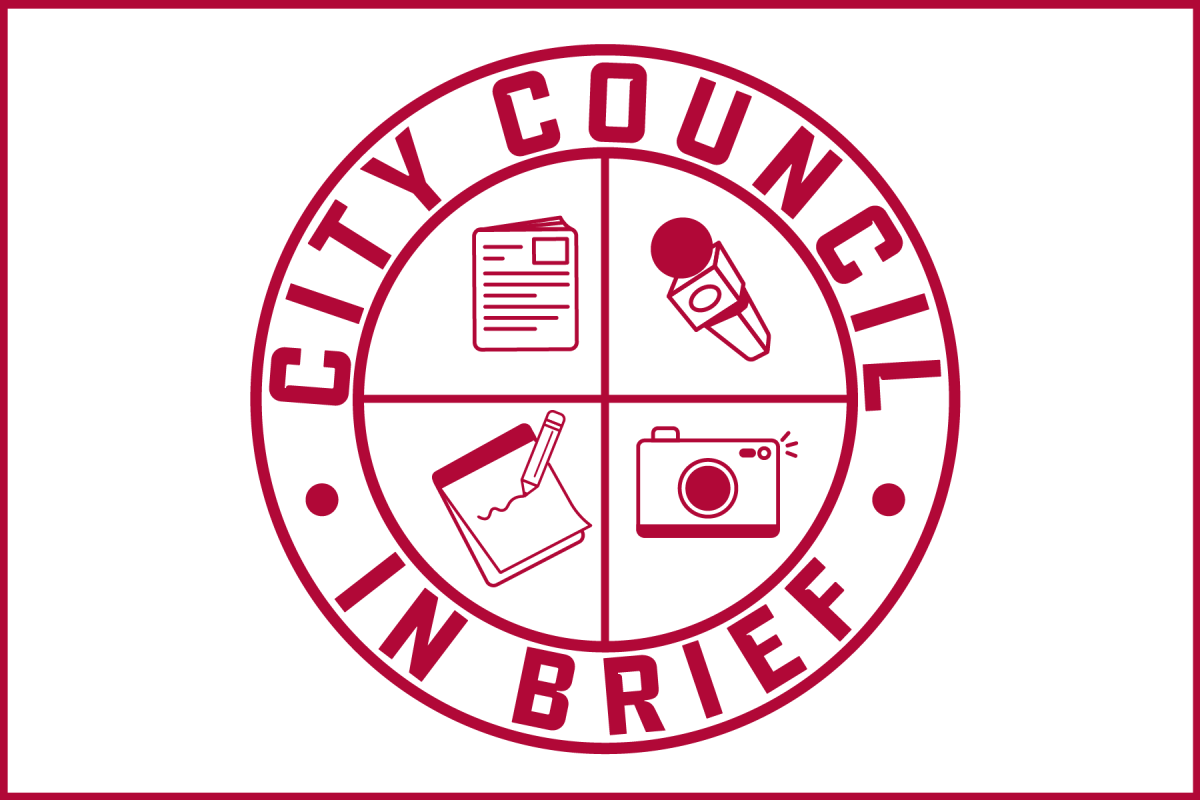University students often travel abroad to immerse themselves in another country’s language and culture for a year or a semester, but many are unaware that a similar environment exists right here at the Capstone.
Culture-based, living-learning communities at the University, such as the French and German House, are designed for students seeking a way to study a country’s respective language and culture in an immersed environment.
“Students who participate in living-learning communities connect their living environments to their academic interests, creating a more unified college experience,” Alicia Browne, director of UA housing administration, said.
Founded in the fall semester 1978, the Hans and Sophie Scholl Haus or German House located on Bryce Lawn provides residence for 10 to 15 students each year, including native German speakers and American students studying the language.
“We hope that they will have a pseudo-immersion experience, thus improving their language ability,” Elaine Martin, faculty liaison for the German House, said, “and that they will also make new international friends and learn more about German culture.”
American students living in the house are able to take part in a two-credit conversation course only open to German House residents and taught by a native German speaker.
Eva Schmeidl, student house director of the German house and German graduate student, is a German foreign exchange student who, through a scholarship from the Federation of German-American clubs, was chosen to live at the German House. As house director, she plans the weekly meetings for the students taking part in the course credit option while living in the house.
Schmeidl said her favorite part about living in the German House is having interesting discussions with her housemates about cultural differences between Germany and the U.S. She said as a native German speaker in the house, she also has to remember to encourage the English speakers to converse in German as much as possible.
“We want them to get over the fear of speaking in a language they are not 100 percent sure off,” Schmeidl said. “In the German House, they have a chance to use German around friends without the fear of getting laughed at.”
Schmeidl said by the end of the semester, she hopes the students will feel confident enough in the language to exclusively use German around the house.
The French House serves a similar purpose to the German House in that its purpose is for students to improve their language skills by immersing them in a French-speaking environment.
French House faculty advisor and assistant professor of French Jean Luc Robin said the idea for the French house actually came partly from his German colleagues who have run a successful German House for many years.
“It seemed like a great way to create a smaller, friendly and more intimate community of French-speaking peers on a campus that might otherwise swallow students up in a sea of anonymity,” Robin said.
Melissa Henderson, the French House student director, is living in the French house as she pursues her master’s degree in French literature.
“In my eyes, French House is a student community where we eat French classics like crepes, bread and cheese while talking about everyday things,” Henderson said.
Henderson said the French house provides students with a more relaxed environment to speak and learn the language.
“I am usually a nervous wreck in the classroom,” Henderson said. “I definitely feel more relaxed speaking French with my residents than my professors.”
Henderson said she will have the opportunity to teach her own French 101 class next fall, but the French house is giving her the chance to experience this teaching element in a much less intimidating environment. There is one native French speaker living in the house this semester named Benjamin, Henderson said.
“It’s a mutual exchange because we’re teaching Benjamin to say ‘Roll Tide,’ and he’s teaching us card games and how to make authentic French dishes,” Henderson said.








